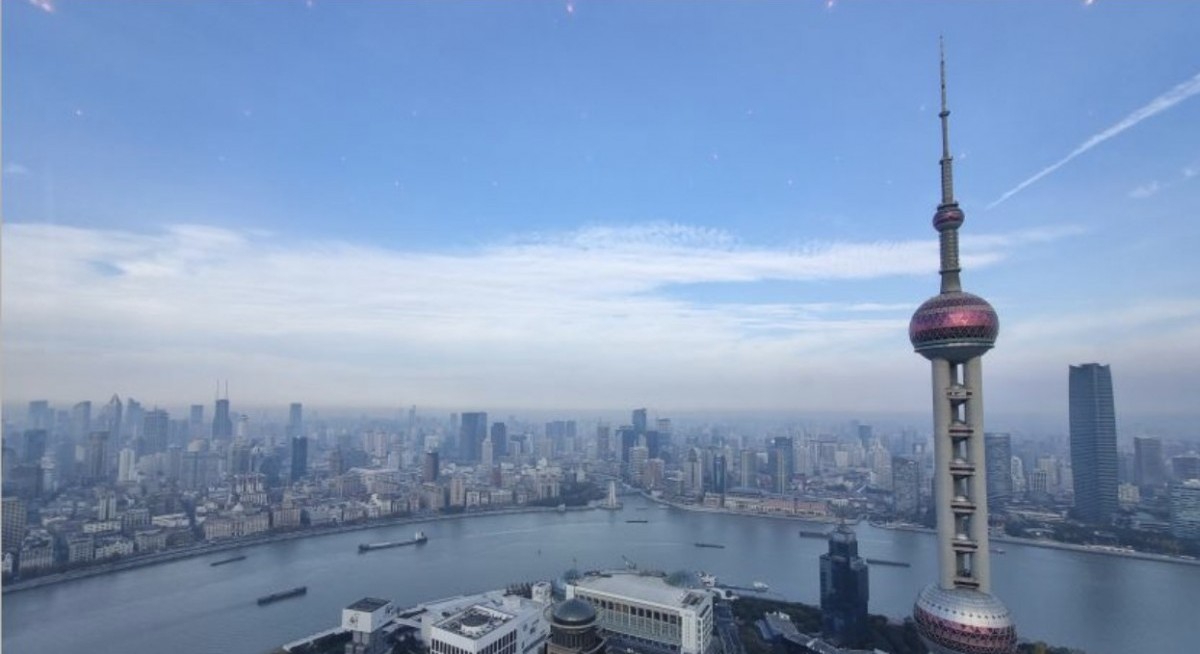Cushman & Wakefield’s data showed a total of 263 active REIT products in the Asia market as of Dec 31, 2024, with a combined market value of US$235.8 billion, reflecting a y-o-y decline of 6.5%. The contraction was primarily driven by declines in the US dollar values of the Japan, Singapore and Hong Kong markets due to the widespread softening in REIT stock prices and unfavorable exchange rate movements.
Amid these declines, the Chinese mainland REIT market emerged as a bright spot, posting an impressive 85% y-o-y rise in market value, attributable to new REIT product issuances and strong investor demand for infrastructure-backed assets.
In the mature markets, Japanese REITs experienced significant gains in dividend yield, led by stock price moderation and asset performance improvements, particularly among hotel REITs, which benefitted from inbound tourism.
In Singapore, positive total returns were observed across multiple property types in 2024, including data centres at 9.7% and healthcare at 6.9%.
See also: Facing the JB competition head-on
Elsewhere in Asia, Thailand demonstrated robust performance with a 41% increase in market value, marking it as the second-highest growth market in the region.
The Philippines, Malaysia and India reported increases of 37%, 21% and 13% respectively, supported by their favorable economic fundamentals and attractive real estate sectors.
The year 2024 saw a breakthrough in C-REIT issuance with 29 new REIT products, including 19 real estate-backed REITs. This represented the highest annual issuance recorded to date.
See also: Elite UK REIT receives nod for data centre development at Blackpool
Among product categories, consumer infrastructure REITs led the issuance count with seven new listings, followed by industrial park REITs with six launches.
Heading into 2025, the market has maintained its robust trajectory with six REITs launched in 1Q2025, including five real estate-backed products. As of March 31, a total of 64 public infrastructure REITs were listed in the Chinese mainland.




